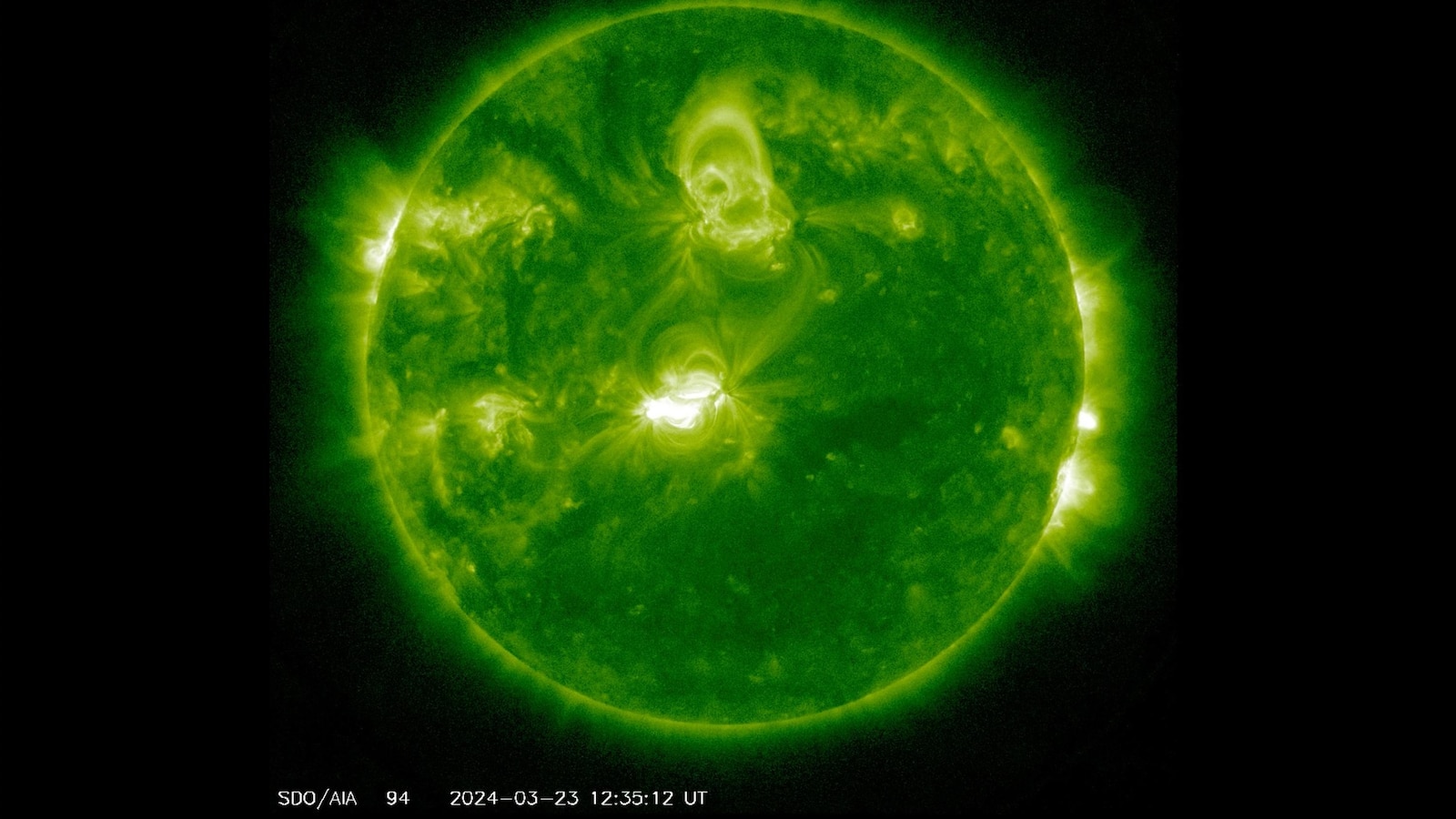Newly Launched European Telescope Aims to Uncover the Universe’s Deepest Mysteries
The European Space Agency (ESA) has recently launched a groundbreaking telescope into space, with the aim of unraveling the universe’s deepest mysteries. Named the Euclid mission, this state-of-the-art telescope is set to revolutionize our understanding of the cosmos and shed light on some of the most perplexing questions in astrophysics.
Euclid, named after the ancient Greek mathematician, is a space-based observatory designed to study dark matter and dark energy, two enigmatic components that make up the majority of the universe. These elusive entities have puzzled scientists for decades, as they cannot be directly observed or measured. However, their existence has been inferred through their gravitational effects on visible matter.
Dark matter is believed to constitute around 27% of the universe, exerting a gravitational pull on galaxies and other cosmic structures. Despite its prevalence, its true nature remains unknown. Scientists hypothesize that dark matter consists of yet-to-be-discovered subatomic particles that interact weakly with ordinary matter. By mapping the distribution of dark matter across the cosmos, Euclid aims to provide crucial insights into its composition and properties.
Dark energy, on the other hand, is an even more perplexing concept. It is thought to be responsible for the accelerated expansion of the universe, counteracting the gravitational pull of matter. Euclid will measure the distribution and evolution of galaxies over cosmic time to better understand this mysterious force. By doing so, it will help scientists determine whether dark energy is a property of space itself or if it arises from a new fundamental particle.
To achieve its ambitious goals, Euclid is equipped with a 1.2-meter-diameter telescope and two cutting-edge scientific instruments: the Visible Imaging Channel (VIS) and the Near-Infrared Spectrometer and Photometer (NISP). The VIS will capture high-resolution images of distant galaxies, while the NISP will measure their spectra to determine their distances and properties.
Over the course of its six-year mission, Euclid will observe billions of galaxies, covering a significant portion of the sky. By mapping the three-dimensional distribution of galaxies and their clustering patterns, it will provide valuable data to study the growth of cosmic structures over time. This information will be used to create a detailed map of the dark matter distribution, enabling scientists to test theories about its nature and formation.
Euclid’s observations will also contribute to our understanding of the expansion rate of the universe, providing precise measurements of the cosmic distance ladder. This ladder is a series of techniques used to determine distances to celestial objects, allowing scientists to calculate the rate at which the universe is expanding. By refining these measurements, Euclid will help resolve discrepancies between different methods and improve our knowledge of the universe’s evolution.
In addition to its scientific objectives, Euclid will also have a significant impact on technology and innovation. The development of its advanced instruments has pushed the boundaries of detector technology, optics, and data processing. The mission will generate an enormous amount of data, requiring sophisticated algorithms and computational power for analysis. This will undoubtedly lead to advancements in data science and artificial intelligence, benefiting various fields beyond astrophysics.
The launch of Euclid marks an exciting new chapter in our quest to understand the universe’s deepest mysteries. With its state-of-the-art technology and ambitious goals, this European telescope is poised to revolutionize our understanding of dark matter, dark energy, and the fundamental nature of our cosmos. As Euclid begins its journey through space, scientists eagerly await the groundbreaking discoveries it will unveil, bringing us closer to unraveling the secrets of our vast universe.



